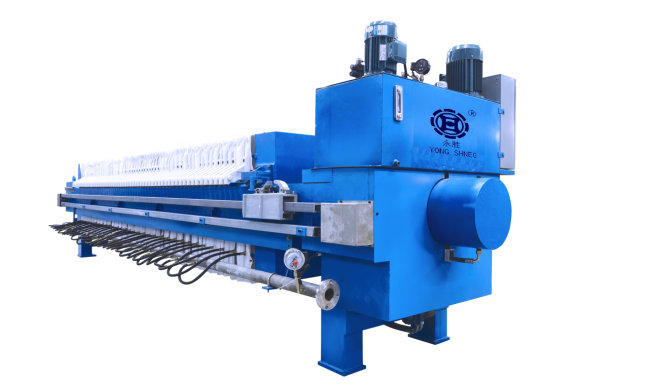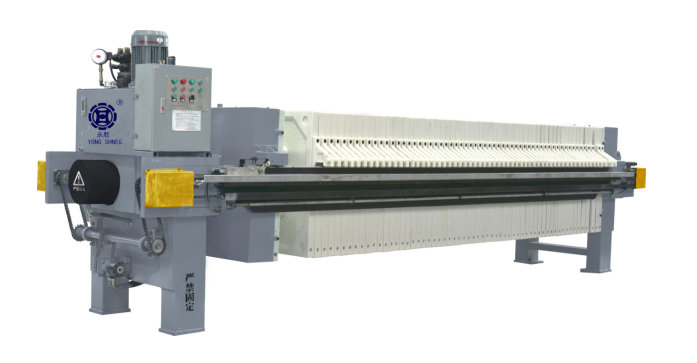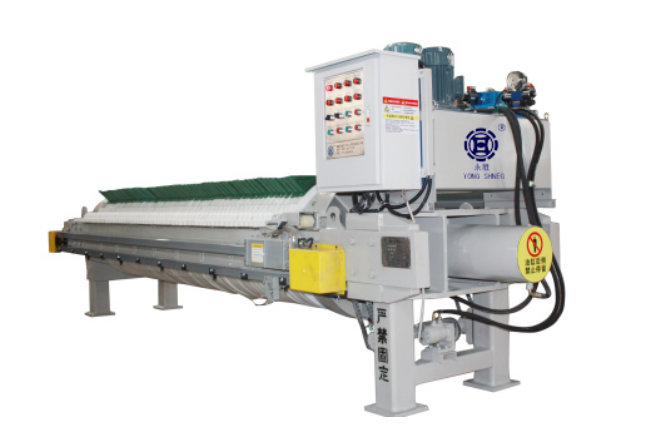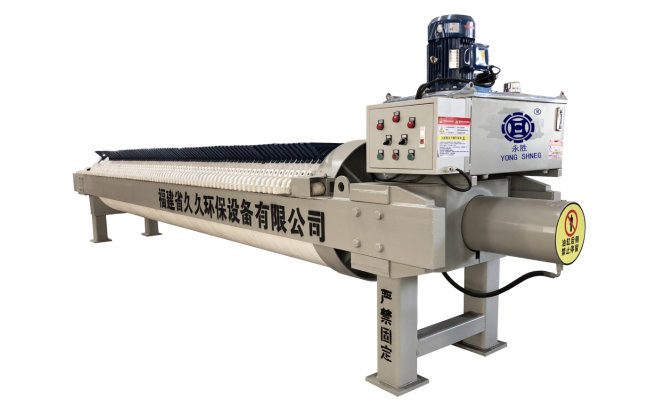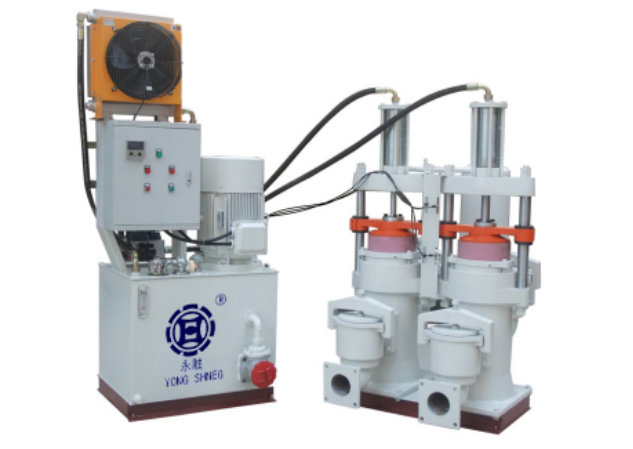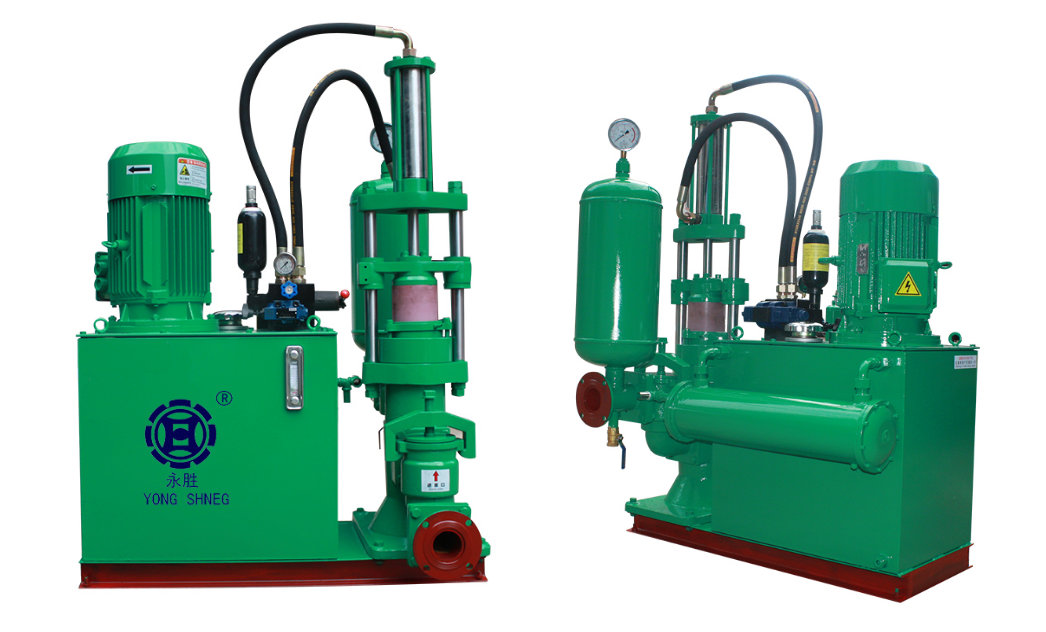September 17, 2025
How to Choose the Right De-Ironing Separators for Your Industry?
Introduction to De-Ironing Separators
De-ironing separators are essential components in various industrial processes, particularly in industries like mining, construction, and recycling. These separators are designed to remove iron contaminants from materials, ensuring the quality and safety of the final product. However, with so many options available, choosing the right de-ironing separator can be a daunting task. This article will guide you through the process of selecting the most suitable de-ironing separator for your specific needs.
Why Are De-Ironing Separators Important?
Before diving into the selection process, it’s crucial to understand why de-ironing separators are so important. Iron contaminants can cause significant damage to equipment, reduce the efficiency of processes, and even lead to safety hazards. By removing these contaminants, de-ironing separators help maintain the integrity of your materials and equipment, ultimately saving you time and money.
Key Factors to Consider When Choosing De-Ironing Separators
Selecting the right de-ironing separator involves considering several factors. Here are some of the most important ones:
1. Material Type
The type of material you are working with plays a significant role in choosing the right separator. Different materials have different properties, and not all separators are compatible with every material. For example, magnetic separators are ideal for materials like iron ore, while eddy current separators are better suited for non-magnetic materials like aluminum.
2. Separation Efficiency
The efficiency of a separator is measured by its ability to remove contaminants effectively. Look for separators with high gauss ratings, as they are more effective at attracting and removing iron particles. However, be careful not to overdo it, as overly powerful magnets can damage sensitive materials.
3. Throughput Capacity
Your production requirements will also influence your choice. If you have a high-volume operation, you’ll need a separator that can handle large quantities of material without compromising efficiency. On the other hand, smaller operations may not require such heavy-duty equipment.
4. Maintenance and Durability
Maintenance is another critical factor to consider. Some separators require regular cleaning and maintenance to function optimally, while others are designed for low-maintenance operation. Choose a separator that fits your maintenance capabilities and schedule.
5. Cost
Cost is always a consideration when making a purchase. While it’s tempting to go for the cheapest option, remember that cheaper separators may not offer the same level of performance and durability. Instead, look for a balance between quality and affordability.
Common Mistakes to Avoid
When choosing a de-ironing separator, there are some common mistakes you should avoid:
- Overlooking Material Compatibility: Using a separator that isn’t compatible with your material can lead to poor performance and potential damage.
- Ignoring Maintenance Requirements: Failing to maintain your separator can reduce its efficiency and lifespan.
- Prioritizing Cost Over Quality: While cost is important, it shouldn’t be the only factor. Always consider the long-term benefits of a high-quality separator.
Case Studies: Real-World Applications
Let’s take a look at how different industries have successfully implemented de-ironing separators:
In the mining industry, magnetic separators have been used to effectively remove iron contaminants from mineral ores, improving the quality of the final product. In recycling facilities, eddy current separators have proven to be highly efficient in separating non-magnetic materials like aluminum from iron.
Conclusion
Choosing the right de-ironing separator is a decision that requires careful consideration of several factors, including material type, separation efficiency, throughput capacity, maintenance, and cost. By avoiding common mistakes and learning from real-world applications, you can make an informed decision that meets your specific needs. Remember, the right separator can significantly improve the efficiency and safety of your operations, making it a worthwhile investment.

